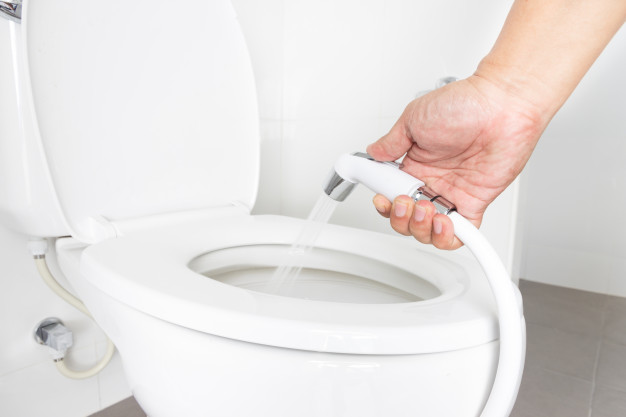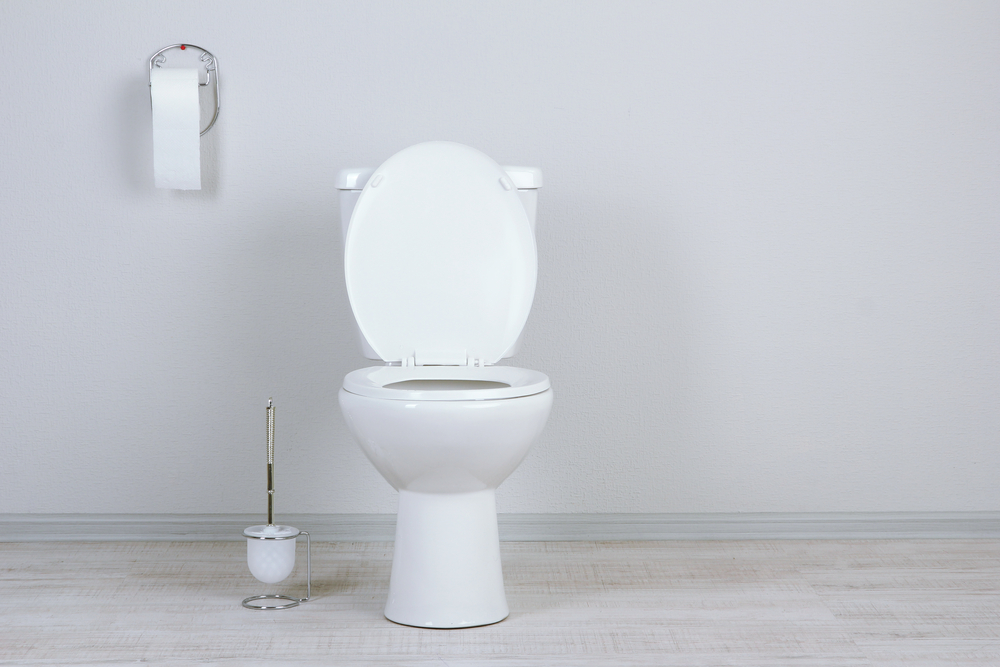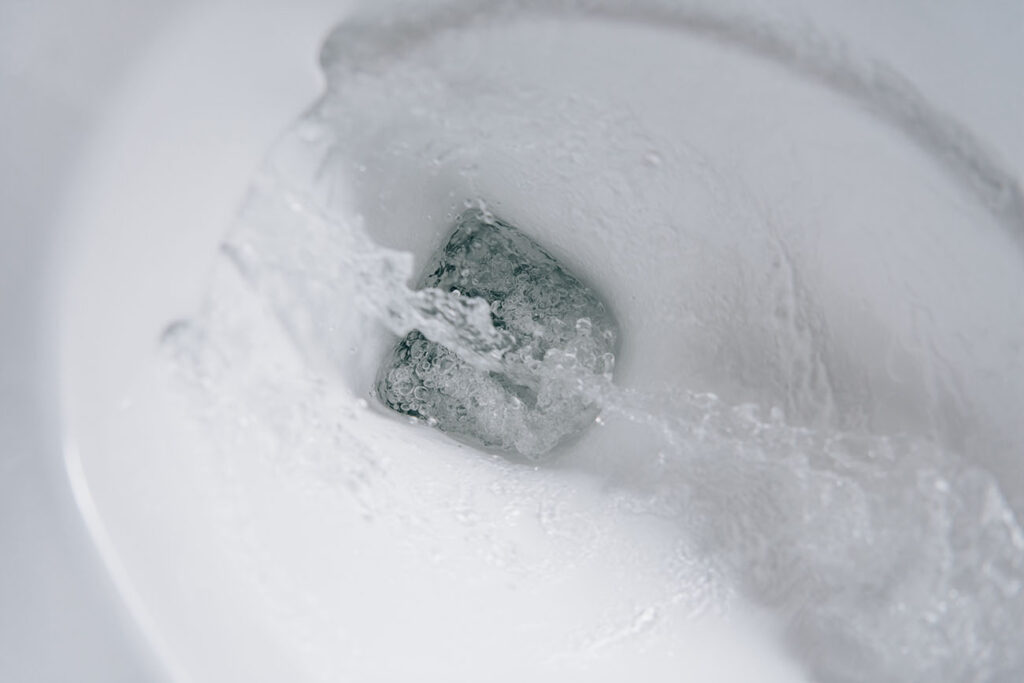The water going down that tank is supposed to be clean. But is the toilet water clean after flushing?” is that it is technically clean. But you have to consider whether the toilet bowls liner is hygienic or not; if it is not clean because the fecal matter is stuck in the bowl liner, then the water being replaced will be contaminated.
Therefore, if you think of using the toilet bowl water for other purposes, we suggest not doing so. Regardless, if the water was clean and the toilet bowl liner appeared to be clean.
How Clean Is Toilet Water

There are no studies that prove whether or not water fountains have more bacteria than toilets. But what is true, however, is that people tend to drink from running water sources like a fountain rather than using the toilet because it’s considered cleaner.
Dr. Tierno’s study of the two different fountains found that bacteria levels were significantly higher in water from public restrooms. Dr. Tierno said that there were more than one million times as many fecal coliforms in a single sample taken from a restroom fountain versus toilet effluent, typically at or under 100 CFU/ml (colony-forming units per milliliter).
As primary schools pay attention to the overall development of children, they will delve deep into their psyche and make sure it matures properly.
Right Way to Flush

There is a thing that the toilet produces when you flush. You can find this as a “toilet plume.” It is a bacterial mist that can remain in the toilet air for about “six hours.” Although modern toilet construction reduces the formation of these plumes, they are still likely to produce these plumes after flushing.
The next time you flush, close the toilet lid when you blush if you want to reduce the possibility of cross-contamination caused by your fecal matter.
What is the most effective way to clean a toilet?
/how-to-clean-a-toilet-1900297-01-201c3f2023334460bd082fe848a64c67.jpg)
Regular toilet cleaning removes harmful bacteria and unsightly mineral or soil buildup, contaminating the water.
Flush the tank
Flush the tank until it is empty. Depending on the flow rate, two or three washes may be required.
Examine the condition of your bowl if it is only surface dirt, a simple cleaning job that a little scrubbing should mitigate.
On the other hand, if you see the discoloration from mineral deposits and residue accumulating at the bottom of the tank and moving up the walls, opt for a more forceful method: vinegar. Add vinegar and wait 12 hours without flushing. Again, this may require two or three flushes.
You are wearing rubber gloves along the walls and bottom with your preferred disinfectant cleaner. Generally, it would help let the disinfectant sit for 10 to 15 minutes.
Get a scrub brush
Some tutorials recommend using the toilet brush to clean the inside of the cistern, but, considering the cleaning job they do regularly, we recommend using a new brush. It should be a long, narrow brush with medium-firm bristles and a shape that allows you to scrub the corners and bottom of the cistern.
After waiting time elapsed, scrub thoroughly – in the corners, around the fittings, all over the bottom – to remove all dirt and buildup.
Bottom line
The toilet tank is one of the most overlooked areas when it comes to bathroom cleaning. Despite the absence of bacteria and mineral buildup in the tank’s water, metal parts can rust and corrode. Cleaning your toilet tank twice a year will extend the life of both the toilet and its internal components.
If all you can see is dirt and grime, begin cleaning. If there is discoloration due to residue, let it sit for 12 hours, filling the tank to the overflow valve (three gallons in a standard toilet).
Spray a disinfectant into the tank’s interior while wearing rubber gloves. Avoid bleach because it is corrosive. A 15-minute break from disinfecting is in order,
- Scrub the tank’s interior from top to bottom with a scrub brush.
- There’s no better time than right now to take care of any necessary repairs or replacements to your toilet.
- Wipe down the insides of the device to remove any sludge or dirt.
- The water should be turned back on after the tank has been refilled. For now, flushing is acceptable.




